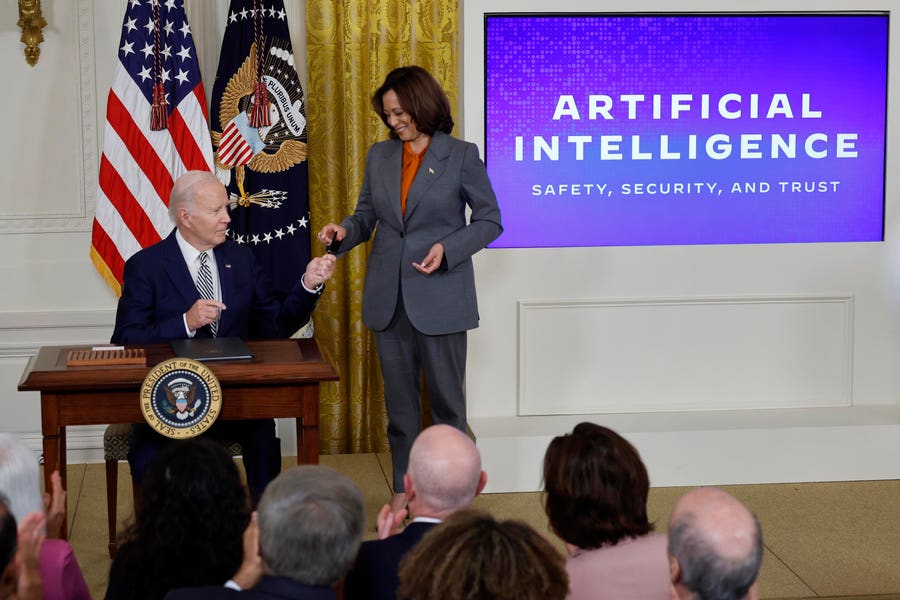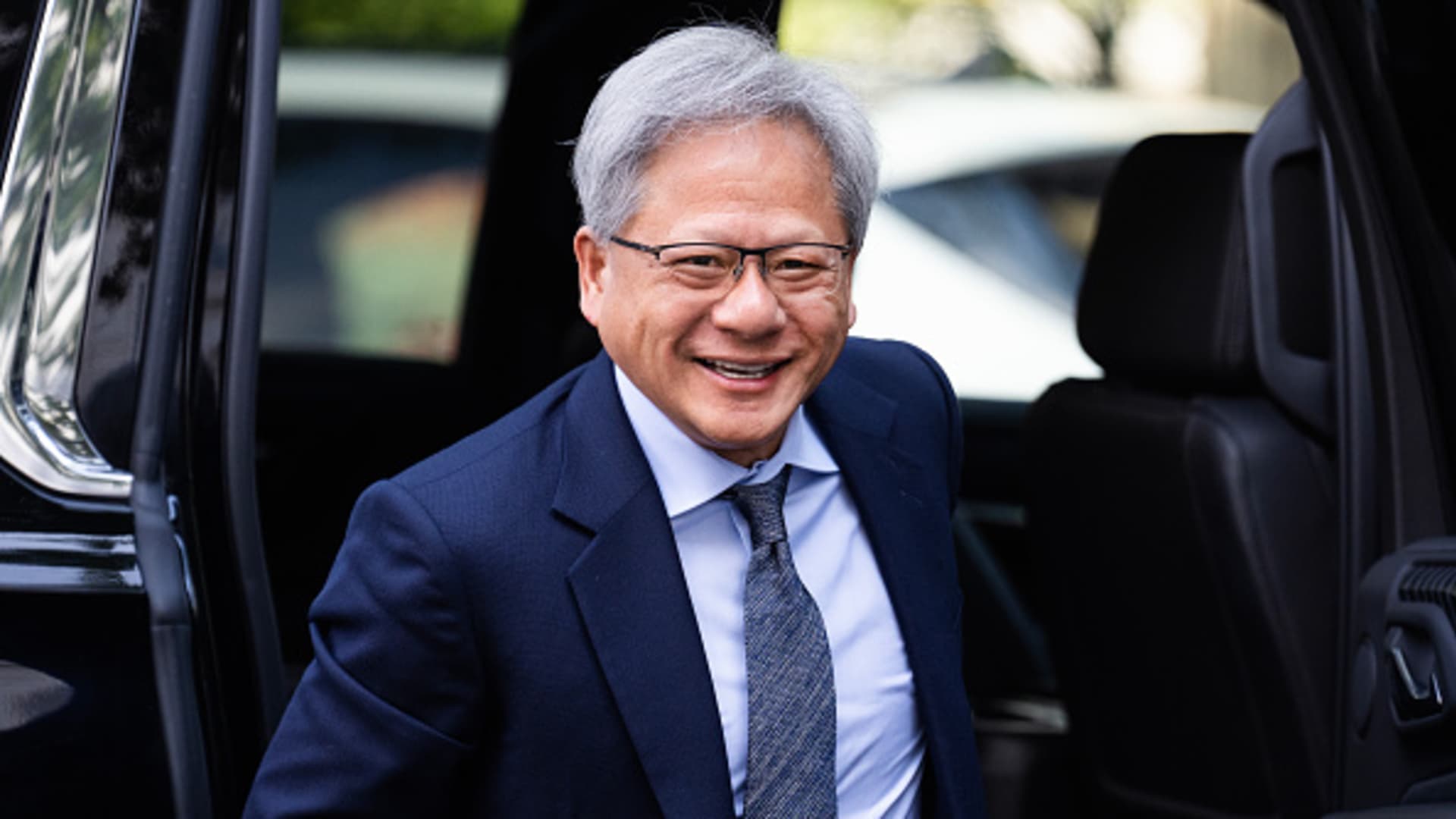The two primary artificial intelligence superpowers globally, the United States and China, are working independently to address concerns regarding intellectual property in AI-generated content within their respective borders. The current strained bilateral relations between the two nations hinder effective collaboration on AI management.
The ability of these nations to reach a compromise on AI governance, particularly on intellectual property issues, will significantly impact companies. Businesses are seeking minimal legislative discrepancies between countries.
Sam Altman embarked on a global tour last summer to advocate for AI safety, engaging with world leaders such as Indian Prime Minister Narendra Modi and South Korean President Yoon Suk-yeol. His objective was to foster a globally conducive environment for his AI products. Altman also made a virtual appearance at a Chinese AI conference, emphasizing the importance of “global cooperation” and collaboration between Chinese and American researchers.
In the United States, legal disputes concerning intellectual property and AI-generated content often revolve around the concept of “fair use.” AI-generated content poses a unique challenge to existing IP protections, particularly concerning the input (data used for training models) and output (creations made using AI tools).
In the U.S., legal battles have focused on input-related issues, such as a prominent case where The New York Times sued OpenAI for allegedly using the newspaper’s articles as training data without permission. Conversely, China has primarily concentrated on output concerns. In a groundbreaking ruling in November, the Beijing Internet Court upheld the protection of AI-generated content, emphasizing the element of “originality” in the plaintiff’s augmented creations.
According to Qiheng Chen from the Asia Society Policy Institute, the divergent rulings between the Beijing Internet Court and the U.S. Copyright Office highlight potential political influences on judicial decisions. Chen suggests that the Beijing court’s verdict may reflect considerations of the prevailing political climate and governmental preferences, particularly amidst China’s economic challenges.
Judge Ge Zhu of the Beijing Internet Court underscored the role of copyright law in fostering creativity and maintaining integrity in the AI art domain. She emphasized that granting copyright protection could incentivize transparency among creators and stimulate the market for AI-generated content. The centralized nature of China’s regulatory framework implies a more cohesive approach to determining IP rights related to AI content compared to the U.S.
As the legal landscape continues to evolve in both countries, the implications for AI businesses become clearer. The convergence of ongoing court cases, regulatory directives, and executive orders will shape the competitive landscape for AI companies. The stakes are highest for creators seeking to leverage AI tools for innovation and efficiency, highlighting the critical need for IP protection to drive widespread commercial adoption and economic growth.
In conclusion, while the U.S. and China have pursued contrasting regulatory paths in the realm of AI and IP rights, both nations prioritize innovation. This shared focus on fostering technological advancement may pave the way for future cooperation between companies with global aspirations. However, without comprehensive global agreements on handling AI-related IP issues, businesses and consumers in both countries are left navigating uncertainties that could impact responsible innovation and market growth.









